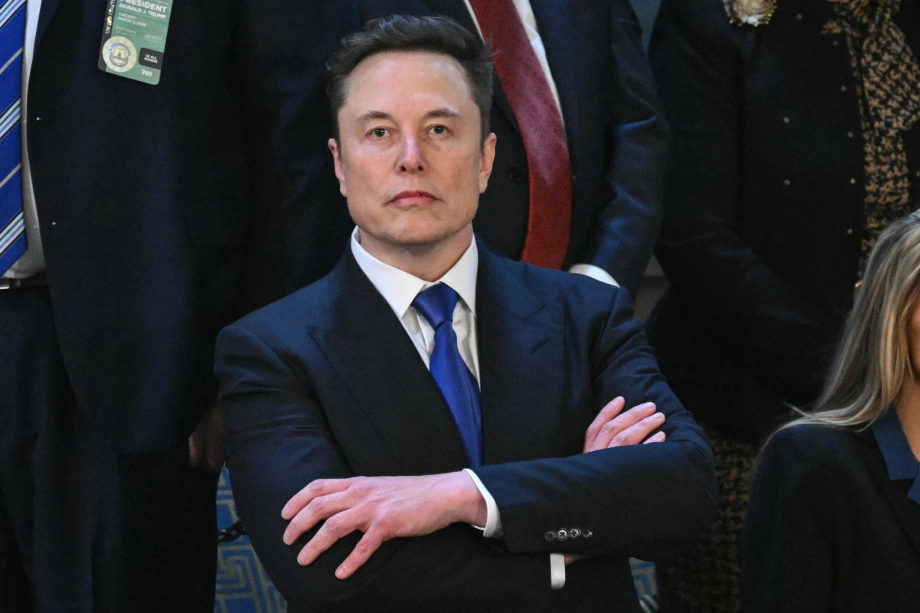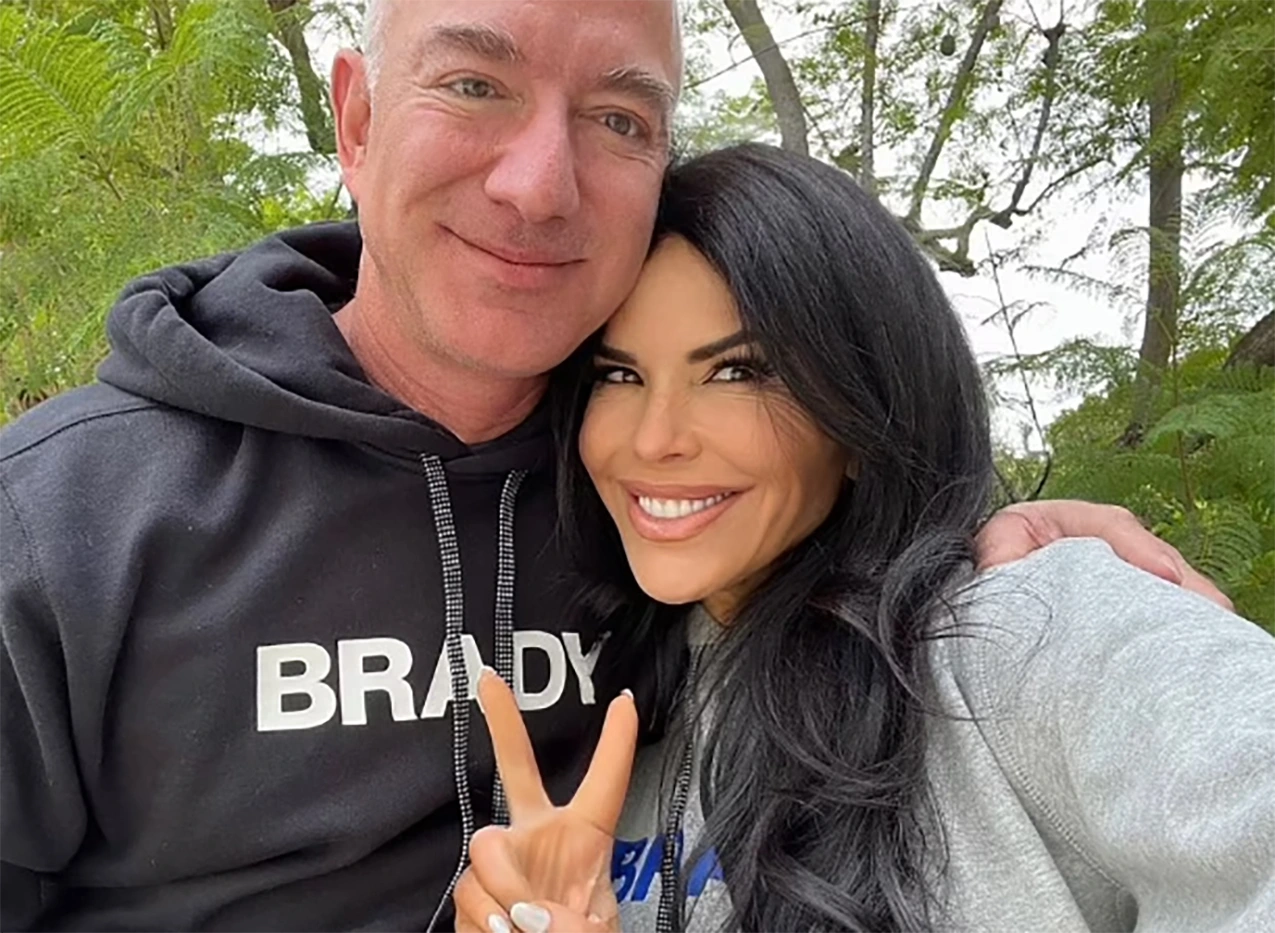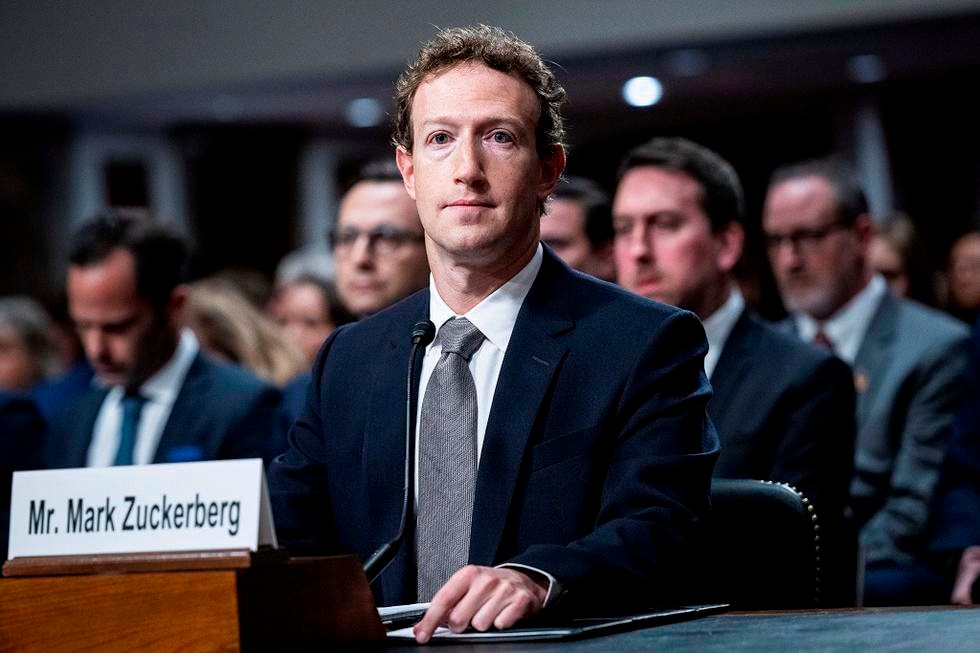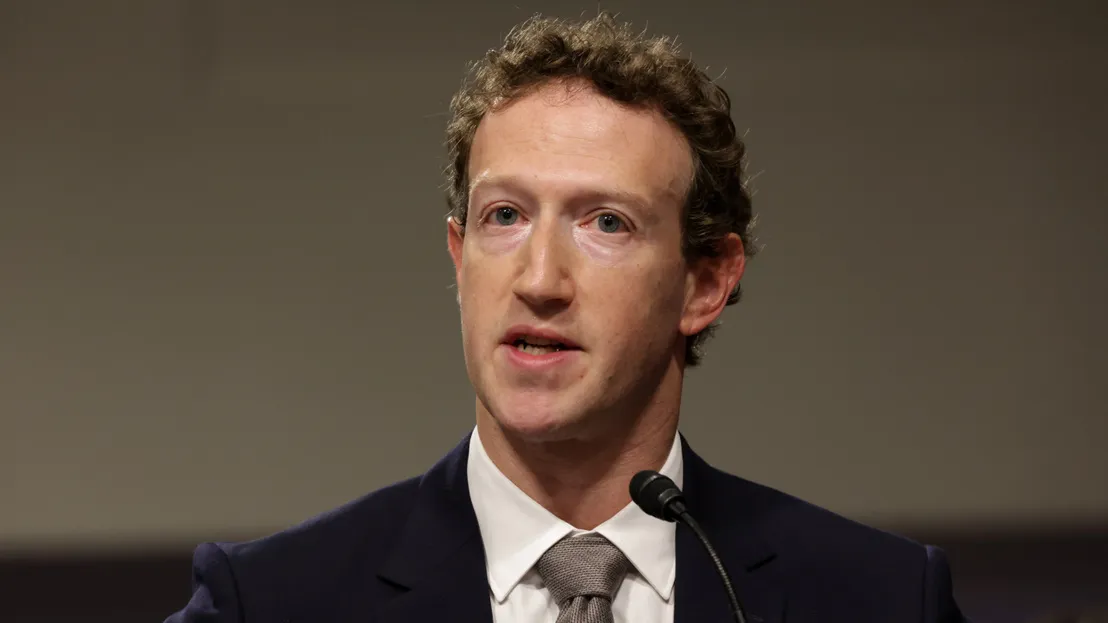

$1 Trillion Awaits Elon Musk — But Will He Dare to Hand Over Power?
Introduction: The Trillion-Dollar Question
Few names in modern history inspire as much fascination and controversy as Elon Musk. He is at once a visionary entrepreneur, polarizing public figure, and the world’s most famous billionaire. His companies — Tesla, SpaceX, Neuralink, and xAI — form a sprawling empire that dominates electric cars, rockets, artificial intelligence, and even digital culture through his ownership of X (formerly Twitter).
Now, analysts and industry insiders suggest that Musk may soon oversee a combined empire valued at over $1 trillion. But behind this staggering figure lies a more complicated question: can Elon Musk ever let go of power? And if the trillion-dollar milestone is reached, will he dare to hand over the reins to someone else, or is Musk destined to remain at the helm until his final days?
Musk’s Empire: How It Reached the Brink of $1 Trillion
To understand the scope of this dilemma, one must first appreciate the size of Musk’s empire.
-
Tesla, the crown jewel, remains the global leader in electric vehicles despite mounting competition from Chinese automakers like BYD. At times, Tesla alone has flirted with a market cap near $900 billion.
-
SpaceX, privately held, is valued at over $210 billion, making it one of the most valuable startups in the world. Its Starlink satellite internet business continues to expand globally, while its rockets dominate commercial and government launches.
-
X (Twitter), though struggling financially, remains culturally powerful. Under Musk’s ownership, it has transformed into a battleground for free speech debates, subscription models, and digital identity.
-
Neuralink and xAI, though still young, carry immense potential. Neuralink’s brain-computer interfaces could disrupt medicine and human cognition, while xAI positions itself as a competitor to OpenAI and Anthropic in the race for artificial general intelligence.
Taken together, these entities reflect not just businesses, but Musk’s personal ambition to reshape industries — and perhaps civilization itself. With Tesla recovering market confidence and SpaceX preparing for Mars-related missions, analysts argue that a trillion-dollar cumulative valuation is within reach in the next few years.

The Cult of Control: Why Musk Doesn’t Let Go
If Musk’s financial empire is vast, his personal grip on it is even tighter. Musk is not simply a CEO — he is the face, voice, and soul of every venture he touches.
He personally approves engineering decisions at Tesla. He tweets late into the night about product features. He drives SpaceX meetings that stretch hours, grilling engineers about rocket design. At Neuralink, he reportedly debates neuroscientists about electrode placement.
This hands-on obsession has fueled both his successes and controversies. Admirers see it as the secret sauce that enables breakthroughs — the stubborn refusal to accept “no” that lands rockets vertically or pushes EVs mainstream. Critics, however, call it micromanagement bordering on chaos, arguing it has caused costly delays, quality issues, and mass employee burnout.
The underlying truth? Musk equates control with survival. To him, stepping aside isn’t merely a career decision; it feels like risking the very existence of his companies.
The Succession Dilemma: Who Could Possibly Replace Him?
The trillion-dollar milestone forces an uncomfortable question: if Musk cannot live forever, who inherits his empire?
Unlike Apple, which transitioned from Steve Jobs to Tim Cook, or Amazon, which shifted from Jeff Bezos to Andy Jassy, Musk has no obvious successor. His businesses are deeply interwoven with his personality.
-
At Tesla, senior executives like Tom Zhu (head of global operations) and Drew Baglino (SVP of Powertrain) are respected, but none have Musk’s charisma or ability to sway markets with a single tweet.
-
At SpaceX, Gwynne Shotwell, the company’s president, is widely admired and often credited with stabilizing Musk’s grand visions into executable strategies. Some believe she could lead SpaceX independently if needed.
-
At X, leadership churn has left no clear heir. Musk himself often jokes that he’s the “Chief Twit,” but when he briefly handed the CEO role to Linda Yaccarino, he continued to dominate decisions, undercutting her authority.
-
At Neuralink and xAI, Musk remains the irreplaceable visionary.
The lack of a structured succession plan raises fears among investors. What happens if Musk faces a health crisis, legal battle, or simply loses interest? Could the empire crumble under its own weight?
The Trillion-Dollar Trap: Why Investors Want Stability
A trillion-dollar valuation is not just a milestone; it is a psychological threshold that demands stability. Markets reward predictability, and Musk’s unpredictability — while exciting — is also risky.
Tesla shareholders have repeatedly called for stronger governance. After Musk’s controversial $56 billion pay package was struck down by a Delaware judge, many questioned whether the company could survive without Musk’s direct presence. Others worry about his divided focus across so many ventures.
At SpaceX, investors remain loyal, but they too recognize the danger of a one-man brand. If Musk vanished tomorrow, would NASA still entrust its astronauts to SpaceX? Would satellite customers keep buying into Starlink?
The trillion-dollar milestone could push boards and stakeholders to demand a clearer plan for leadership beyond Musk. Yet the man himself has shown little interest in planning for a world where he isn’t in charge.
Musk’s Identity: Power as Purpose
For Elon Musk, money has never been the ultimate goal. He has said repeatedly that his fortune exists to “fund the future of humanity.” But power — the ability to shape history — is his true fuel.
Handing over power would mean stepping out of the role of history’s protagonist, a position Musk seems addicted to. Every new rocket launch, every AI announcement, every meme posted to X feeds into a narrative where Musk isn’t just a businessman, but a cultural titan battling governments, competitors, and sometimes even reality itself.
Could Musk ever voluntarily step away? Those who know him doubt it. To do so would be to accept mortality, to accept that the future will unfold without him steering it.
Comparisons: Jobs, Bezos, Gates, and the Question of Legacy
Looking at history, Musk’s situation is both familiar and unique.
-
Steve Jobs resisted stepping aside until his health left him no choice. His handover to Tim Cook preserved Apple’s empire but forever marked the contrast between visionary founder and managerial successor.
-
Jeff Bezos relinquished Amazon’s CEO role but retained significant influence as executive chairman, while also building a personal legacy with space exploration.
-
Bill Gates gradually exited Microsoft leadership to focus on philanthropy, reframing his legacy beyond business.
Musk, however, has shown no appetite for philanthropy of Gates’ kind, no quiet retreat like Bezos, and no handover strategy like Jobs. His empire is uniquely personal — the companies are Musk, and Musk is the companies.
That makes succession exponentially harder.
Could AI Become His Successor?
An intriguing possibility arises: what if Musk intends not to hand his empire to another human, but to an AI system?
With xAI, Musk has spoken openly about creating artificial intelligence aligned with human interests. Some speculate he envisions a future where AI could help manage his companies, analyzing engineering decisions, predicting markets, and enforcing consistency long after Musk himself is gone.
It sounds like science fiction, but then again, so did reusable rockets and mainstream EVs. Musk’s ambition has always blurred the line between visionary and improbable.

Fans and Critics: Polarized Perceptions of Musk’s Grip
Public opinion mirrors the investor dilemma. Musk’s fans admire his refusal to step aside. They see him as a once-in-a-century figure, comparable to Edison or Da Vinci, whose obsessive control is necessary to achieve the extraordinary.
Critics, however, argue that his refusal to delegate reflects ego, not necessity. They warn that tying humanity’s future — from Mars colonization to AI safety — to the whims of one man is dangerous.
As one commentator put it: “If Musk is the hero, what happens when the hero becomes the villain, or simply disappears?”
Conclusion: The Future of a Trillion-Dollar Titan
The rise of Elon Musk’s empire to a potential $1 trillion valuation represents one of the greatest financial and cultural stories of our era. But with great scale comes an even greater question: can Musk ever let go?
The odds suggest no. Power for Musk is not just a tool; it is an identity. Even if his companies surpass a trillion dollars, Musk seems unlikely to hand over full control. He may delegate titles, as he briefly did at X, but the gravitational pull of his personality will remain at the center.
Whether this becomes his strength or his downfall is a story still unfolding. For now, the world watches as Elon Musk pushes his empire toward a trillion-dollar horizon, with one lingering uncertainty: what happens when the man who built it all refuses to step away?


















